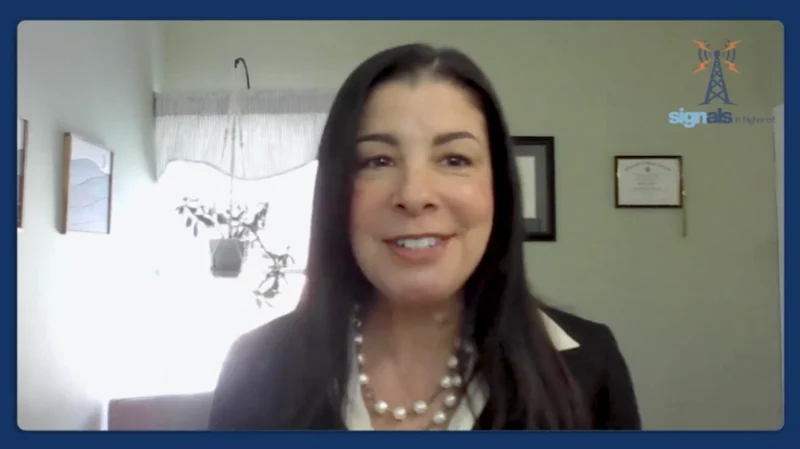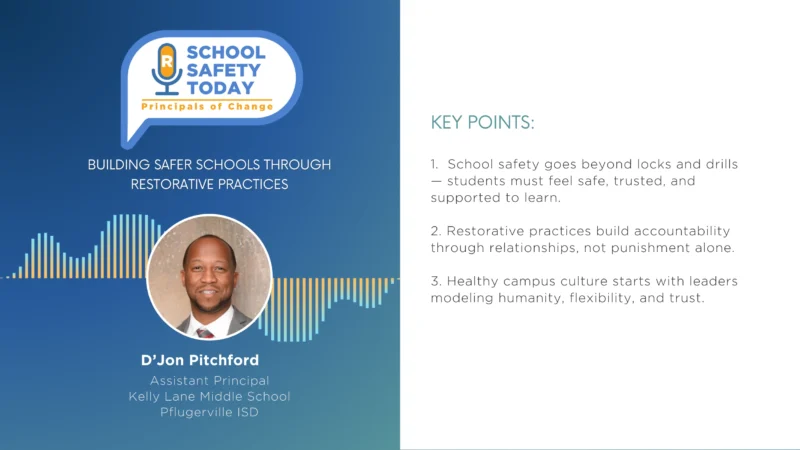Classroom Enters a New Era of Engagement with Boxlight’s Innovative Educational Tools at Liberty Local Schools
In an era where technology is rapidly reshaping the educational landscape, discussions around its integration in classrooms have become increasingly relevant. With 70% of students in some districts, like Liberty, relying on free or reduced lunch, the challenge of providing equitable access to cutting-edge educational tools is more crucial than ever.
So how can technology, specifically tools like Boxlight panels, 3D printers, and STEM kits, revolutionize learning experiences in diverse educational settings, particularly for students from lower socio-economic backgrounds?
Cameron Hefner, a dedicated STEM teacher in the Liberty local School District, discusses the transformative impact of technology in education on Unbox Innovation. The conversation delves into how innovative tools are reshaping teaching and learning experiences, especially in diverse districts like Liberty. She focuses on:
- The diverse demographic of Liberty district and the importance of providing technological resources to all students.
- Her journey from apprehension to confidence in using new STEM technologies in the classroom.
- The practical benefits of using Boxlight products, including enhanced student engagement and support for various learning styles.
Cameron Hefner is currently in her second year of teaching grades 4 through 8 at Liberty. She is a certified math and science teacher who has recently embraced the fields of engineering and technology. Her commitment to exploring new educational frontiers is evident in her successful integration of Boxlight technology into her teaching, making complex STEM concepts accessible and engaging for her students.




